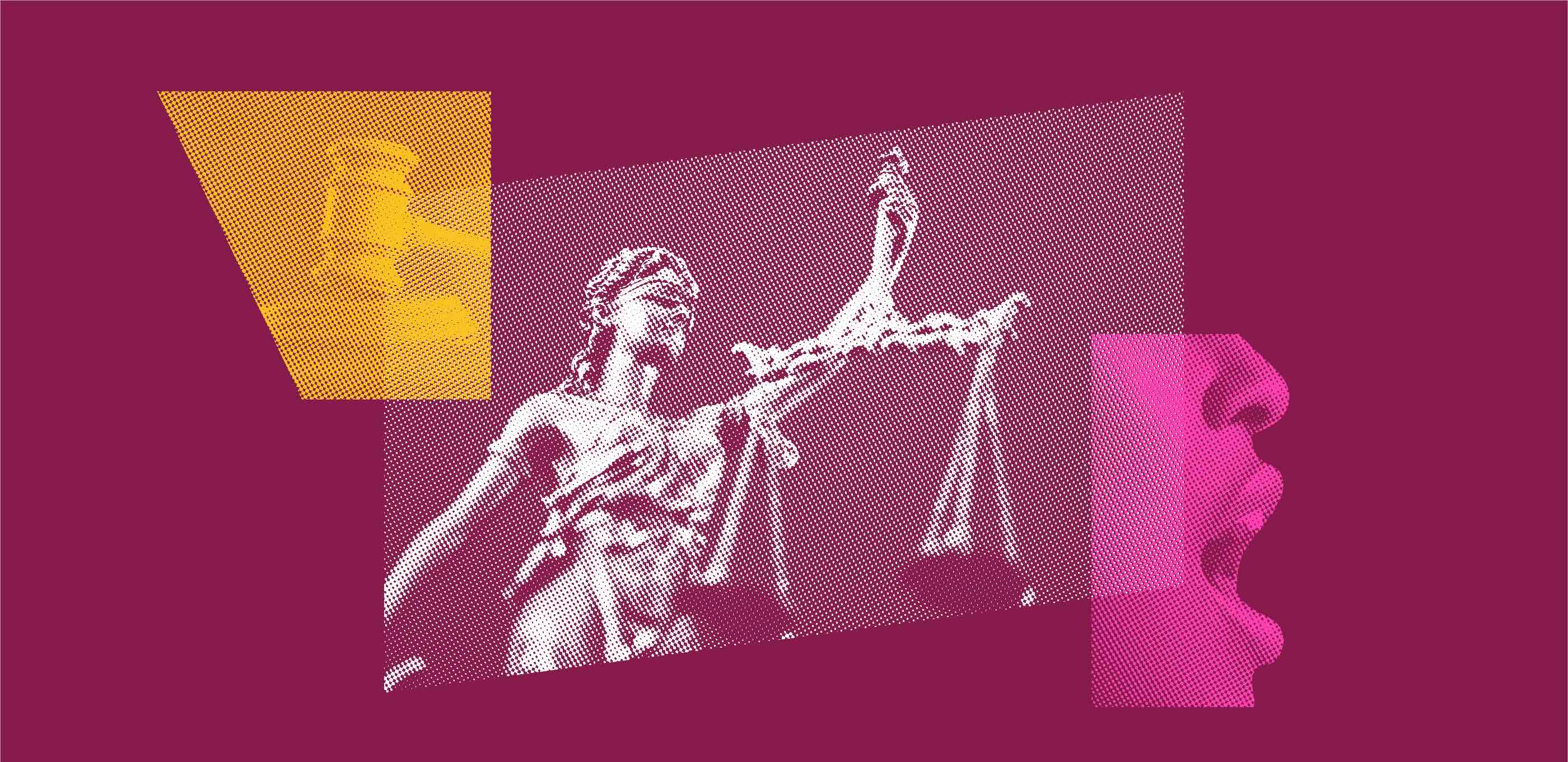
Perkins et al. v. State (HB 121)
What's at Stake
A newly enacted Montana law, HB 121, bars transgender and intersex people from using restrooms and other sex-separated facilities that correspond to their gender identity in public spaces. In doing so, HB 121 seeks to undermine transgender and intersex people’s personhood and ability to participate in public life. Together with the ACLU of Montana and Legal Voice, the ACLU’s State Supreme Court Initiative filed this lawsuit on behalf of a group of transgender and intersex Montanans challenging HB 121 as violating numerous provisions of the Montana Constitution.
Summary
HB 121, which took effect on March 27, 2025, is a draconian law that singles out transgender and intersex people for dehumanizing and discriminatory treatment. It bars transgender people from using public restrooms, changing rooms, and sleeping quarters that correspond to their gender identity in a sweeping range of public spaces—including offices, libraries, universities, state parks, and hospitals. HB 121 also imposes a restrictive binary definition of “sex” which fails to recognize intersex people, who are born with a combination of male and female sex traits. As a result, under HB 121, intersex people apparently cannot use regulated sex-separated facilities at all. What is more, HB 121 subjects regulated entities to potentially severe legal liability: any person who “encounter[s] another individual of the opposite sex” in a restroom or changing room—including a transgender individual using a facility consistent with their gender identity—can sue the entity where the encounter took place.
The ACLU’s State Supreme Court Initiative, along with the ACLU of Montana and Legal Voice, have brought suit against the State of Montana, Governor Gianforte, and Attorney General Knudsen on behalf of a group of transgender and intersex plaintiffs. Each of the plaintiffs is a Montanan who—like any other Montanan—needs access to public buildings and spaces to work, go to school, seek healthcare, and enjoy recreation, among other things. But, under HB 121, they would not be allowed access to such spaces on equal terms with everyone else. Because they are denied access to restrooms and other sex-separated facilities, the plaintiffs and other transgender and intersex people may not be able to continue working, studying, or participating in public life.
Our lawsuit argues that the Montana Constitution prohibits this discrimination. The Montana Constitution provides robust protections for individual rights and liberties that in some respects exceeds the protections afforded by the U.S. Constitution. We allege that HB 121 violates Montana’s constitutional guarantees of equal protection under the law, privacy, and due process, as well as every Montanan’s constitutional right to pursue life’s basic necessities. At this initial stage of the case, we are asking the Court to enter a preliminary injunction preventing the State from enforcing HB 121 while litigation is ongoing because of the immediate and irreparable harm that the law would inflict on transgender and intersex people.
Decision: Perkins et al. v. State (HB 121)
On May 16, 2025, a Missoula County District Court granted a preliminary injunction in Perkins v. State of Montana, blocking enforcement of HB 121 while the case is being litigated. The Court held that our Plaintiffs are likely to succeed on their claims that HB 121 violates their equal protection and privacy rights under the Montana Constitution. On the equal protection claim, the Court ruled that both transgender status and sex are suspect classifications, that anti-trans laws are therefore subject to strict scrutiny, and that HB 121 does not survive strict scrutiny or even rational basis review. On the privacy claim, the Court concluded that our Plaintiffs have a reasonable expectation of privacy in their transgender or intersex identity, anatomy, genetics, and medical history. As a result of this ruling, all Montanans can continue to use restrooms and public facilities that align with their gender identity.
Legal Documents
-
10/14/2025
Appellees' Answering Brief (ACLU, ACLU-MT, and Legal Voice) -
10/14/2025
Montana League of Cities and Towns Brief of Amicus Curiae -
08/13/2025
Appellants' Opening Brief (State)
Date Filed: 10/14/2025
Court: Montana State Supreme Court
Affiliate: Montana
Download DocumentDate Filed: 10/14/2025
Court: Montana State Supreme Court
Affiliate: Montana
Download DocumentDate Filed: 08/13/2025
Court: Montana State Supreme Court
Affiliate: Montana
Download Document-
05/16/2025
Opinion and Order Granting Plaintiffs' Motion for Preliminary Injunction -
04/02/2025
Temporary Restraining Order and Order Setting Preliminary Injunction Hearing -
03/27/2025
Plaintiffs' Motion for Temporary Restraining Order and Preliminary Injunction -
03/27/2025
Complaint for Declaratory and Injunctive Relief
Date Filed: 05/16/2025
Court: The Fourth Judicial District Court Missoula County
Affiliate: Montana
Download DocumentDate Filed: 04/02/2025
Court: The Fourth Judicial District Court Missoula County
Affiliate: Montana
Download DocumentDate Filed: 03/27/2025
Court: The Fourth Judicial District Court Missoula County
Affiliate: Montana
Download DocumentDate Filed: 03/27/2025
Court: The Fourth Judicial District Court Missoula County
Affiliate: Montana
Download DocumentPress Releases
Joint Statement on Preliminary Injunction Ruling in Case Challenging Anti-Transgender Bathroom Ban